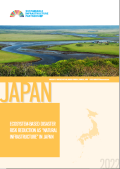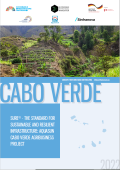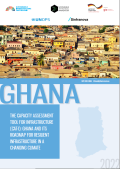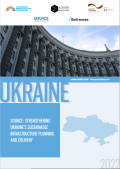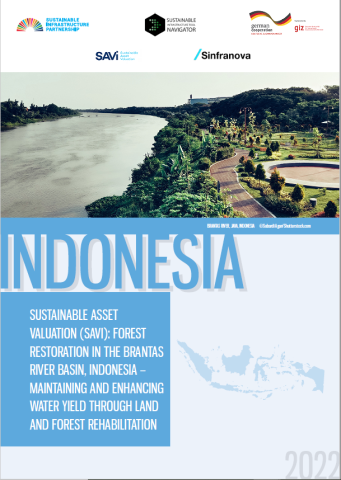
The case study details the use of the Sustainable asset Valuation (SAVi) tool to analyse the Maintaining and Enhancing Water Yield through Land and Forest Rehabilitation (MEWLAFOR) project.
In the Brantas River Basin on the island of Java in Indonesia, deforestation for farming is degrading the land. The agriculture sector is an essential source of income for local communities and employs about 40% of the country’s labour force. However, it contributes to environmental issues such as soil erosion, loss of biodiversity and decreased water retention. In addition, the conversion of natural landscapes to development has made floods more severe, reduced groundwater recharge, and aggravated downstream water scarcity during the dry season. Climate change and land degradation are expected to worsen both floods and droughts in the Indonesian region if no action is taken. To address these problems, multiple partners – including the Indonesian Ministry of Environment and Forestry, the United Nations Industrial Development Organization (UNIDO), and PT Multi Bintang, a local subsidiary of the Heineken beverage company – joined forces and developed the MEWLAFOR project.
The International Institute for Sustainable Development (IISD) used the Sustainable Asset Valuation (SAVi) methodology to analyse the MEWLAFOR project, as part of more than 40 assessments for IISD’s NBI Global Resource Centre. The assessment aimed to quantify the ecosystem services of the reforestation initiative and water retention wells, economic impacts, and co-benefits.

